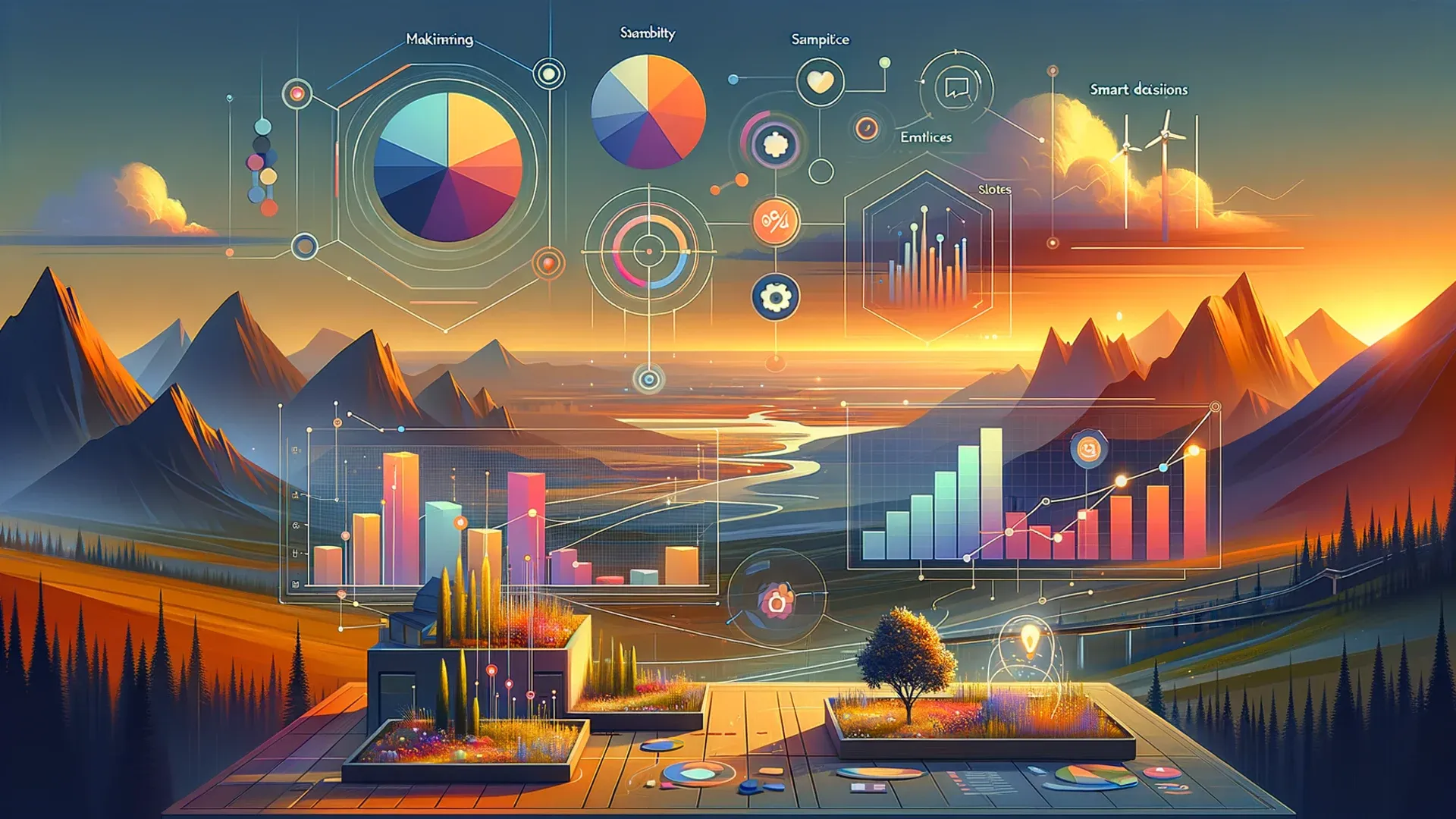The Power of Personalization: Tailoring Marketing Strategies for Maximum Impact
In today's competitive marketplace, personalization is not just a luxury—it's a necessity. Consumers expect experiences that are not just relevant to their needs but also resonate on a personal level. At Impel Authority Marketing Solutions, we understand that personalization can be the difference between a potential customer and a loyal one. Here’s how you can harness the power of personalization to tailor your marketing strategies for maximum impact.
1. Understand Your Audience Deeply
The first step in personalization is understanding who your customers are. This goes beyond demographic data to include psychographic and behavioral insights:
- Customer Segmentation: Divide your audience into segments based on shared characteristics such as age, location, buying behavior, and interests.
- Buyer Personas: Create detailed buyer personas that represent typical customers. This helps in crafting messages that feel personal and relevant.
2. Collect and Utilize Data Effectively
Data is at the heart of personalization. Collecting and analyzing the right data can provide insights that drive personalized marketing efforts:
- Data Collection: Utilize every touchpoint to collect data, from website interactions to social media engagements and customer feedback.
- Data Analysis: Use analytical tools to derive actionable insights from the data. This could involve identifying patterns in purchasing behavior or preferences.
3. Leverage Technology for Personalization
Technology plays a crucial role in enabling personalization at scale:
- CRM Systems: Use a Customer Relationship Management (CRM) system to store and analyze customer data, which can then be used to tailor marketing campaigns.
- Marketing Automation Tools: Automate personalized emails, content recommendations, and more based on individual customer actions and preferences.
4. Tailor Content and Messaging
Content personalization is about delivering the right message to the right person at the right time:
- Dynamic Content: Use dynamic content that changes based on the interests or past behavior of the viewer.
- Personalized Email Campaigns: Send emails that address recipients by name and include offers or information relevant to their specific needs.
5. Optimize for Personalized Experiences
The user experience on your website or app should reflect personalized interactions:
- Custom User Interfaces: Design your website or app to adapt to the preferences of the user, showing more relevant products, services, or content.
- Personalized Recommendations: Implement algorithms that suggest products, services, or content based on individual user behavior.
6. Measure and Refine Personalization Strategies
To ensure that your personalization efforts are effective, continuous measurement and refinement are necessary:
- A/B Testing: Regularly test different versions of your personalized content to see which performs better.
- Feedback Loops: Encourage and analyze customer feedback to refine your approach. This helps in understanding what aspects of personalization are working and what needs improvement.
7. Respect Privacy and Build Trust
While personalization is powerful, it is also important to respect customer privacy and build trust:
- Transparent Data Practices: Clearly communicate how you collect and use customer data. Ensure compliance with data protection laws.
- Opt-in Options: Allow customers to control what information they share and how it is used for marketing purposes.
Conclusion: Enhancing Engagement through Personalization
By implementing personalized marketing strategies, businesses can enhance customer engagement, increase satisfaction, and drive loyalty. Tailored experiences make customers feel valued and understood, which in turn boosts conversion rates and enhances brand loyalty.
Are you ready to harness the power of personalization? Contact Impel Authority Marketing Solutions today to learn how our expertise in personalized marketing can elevate your business and delight your customers.








